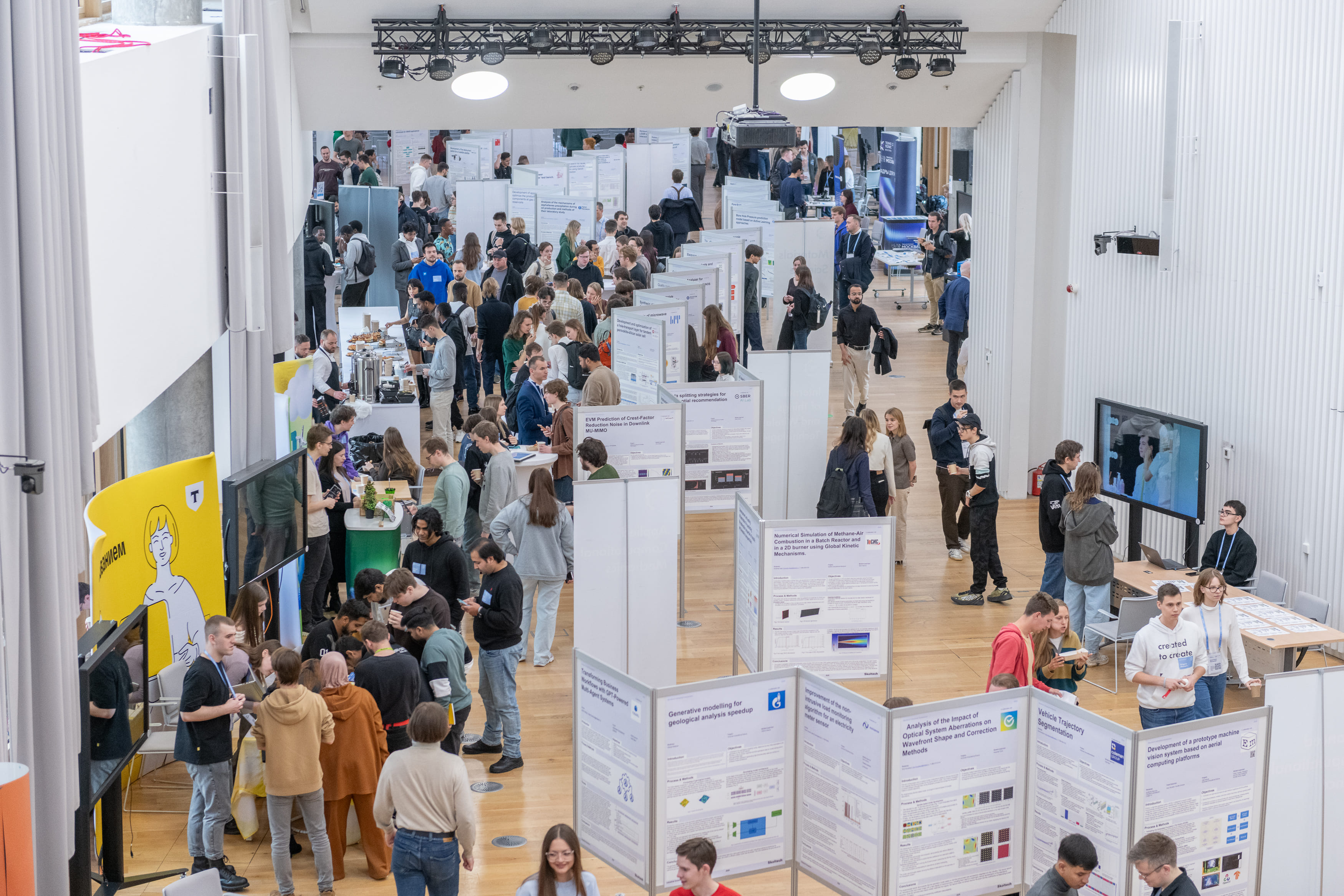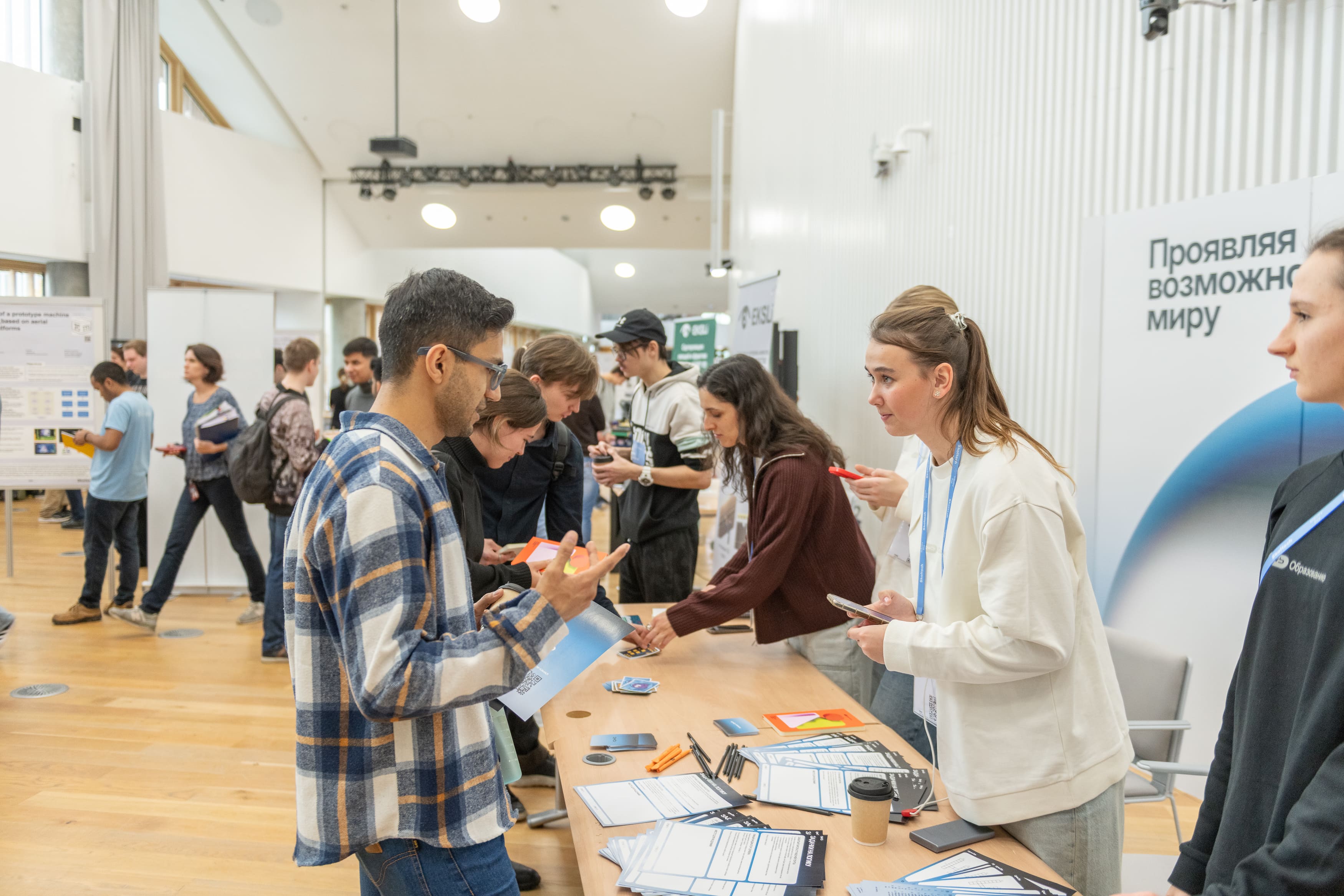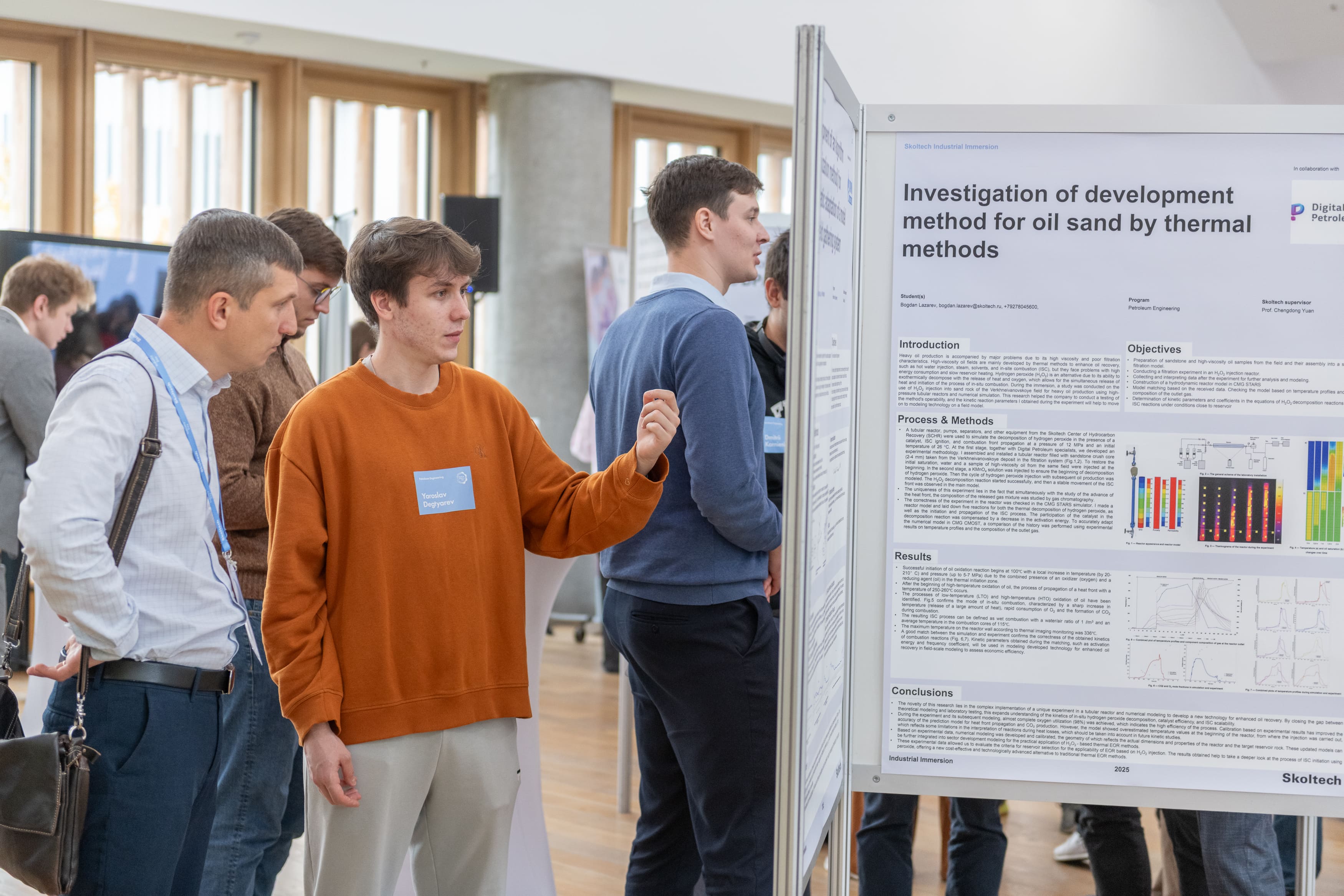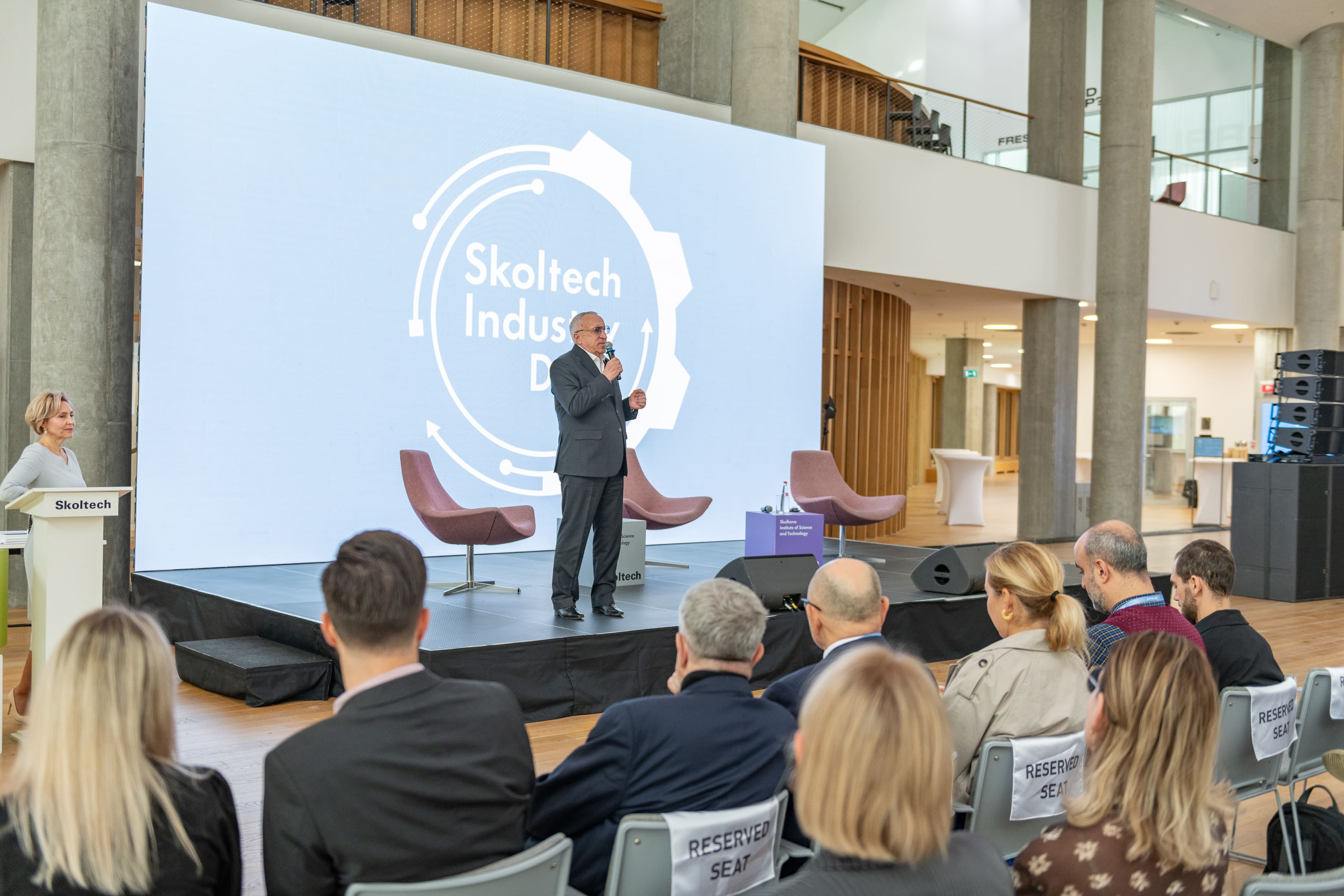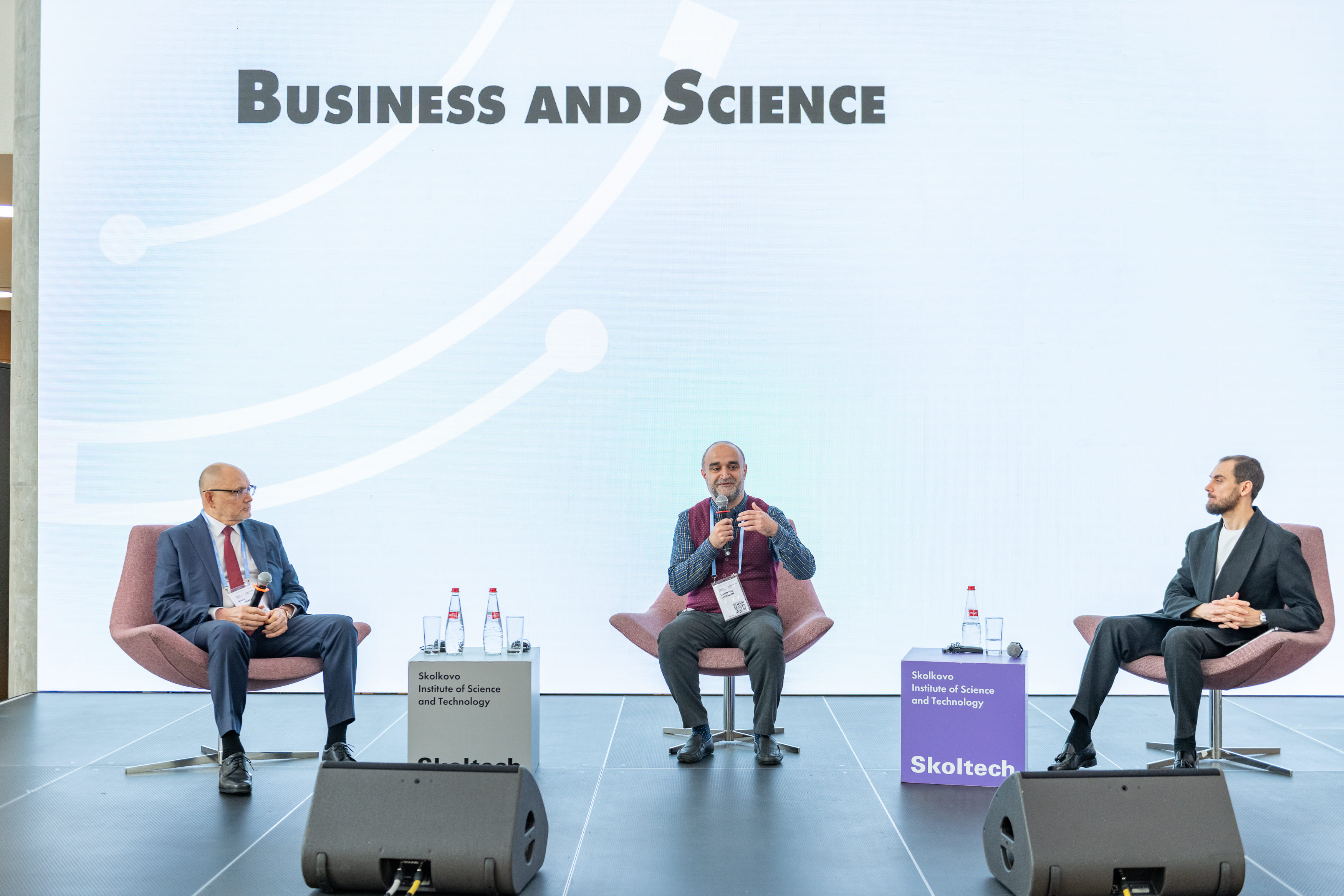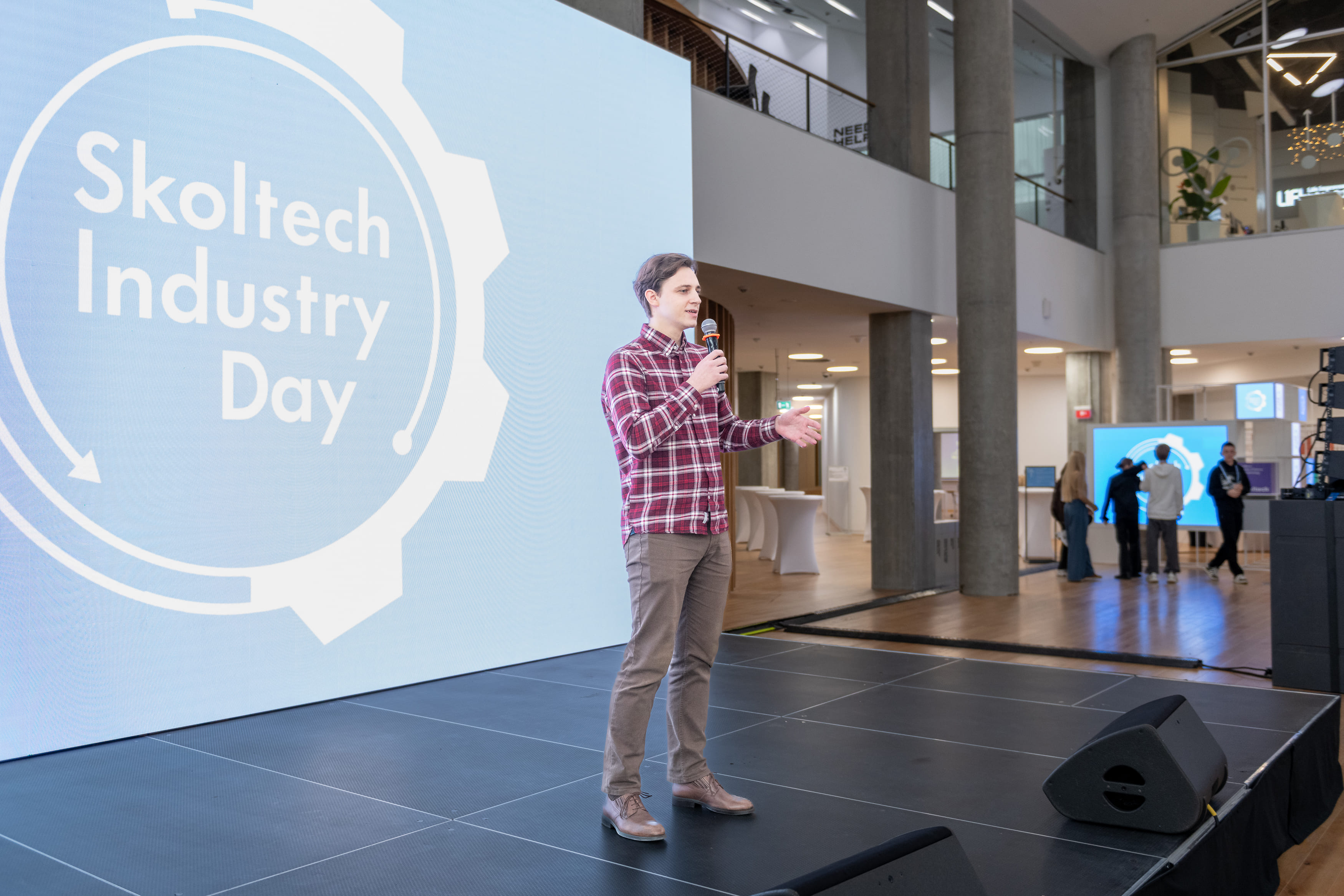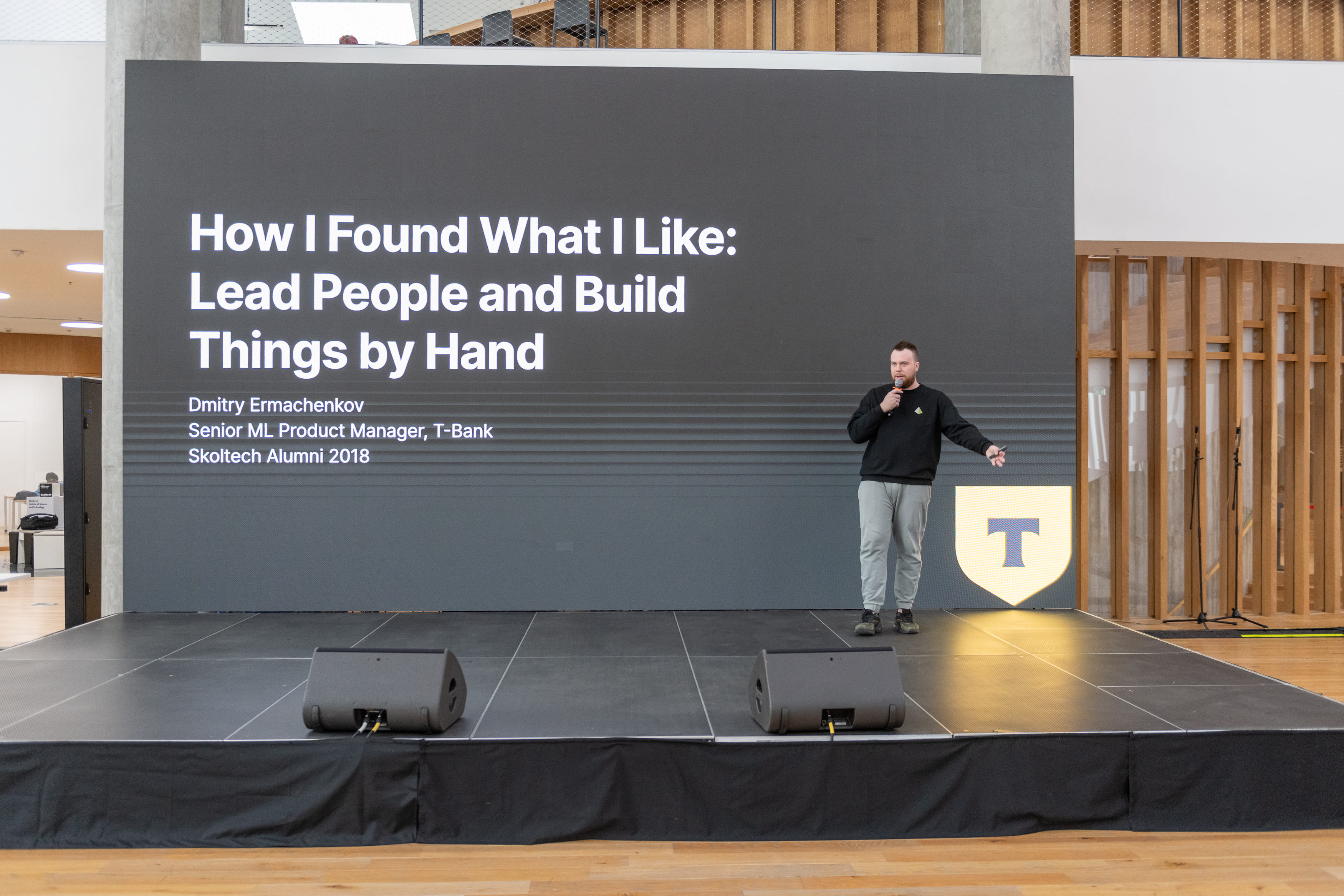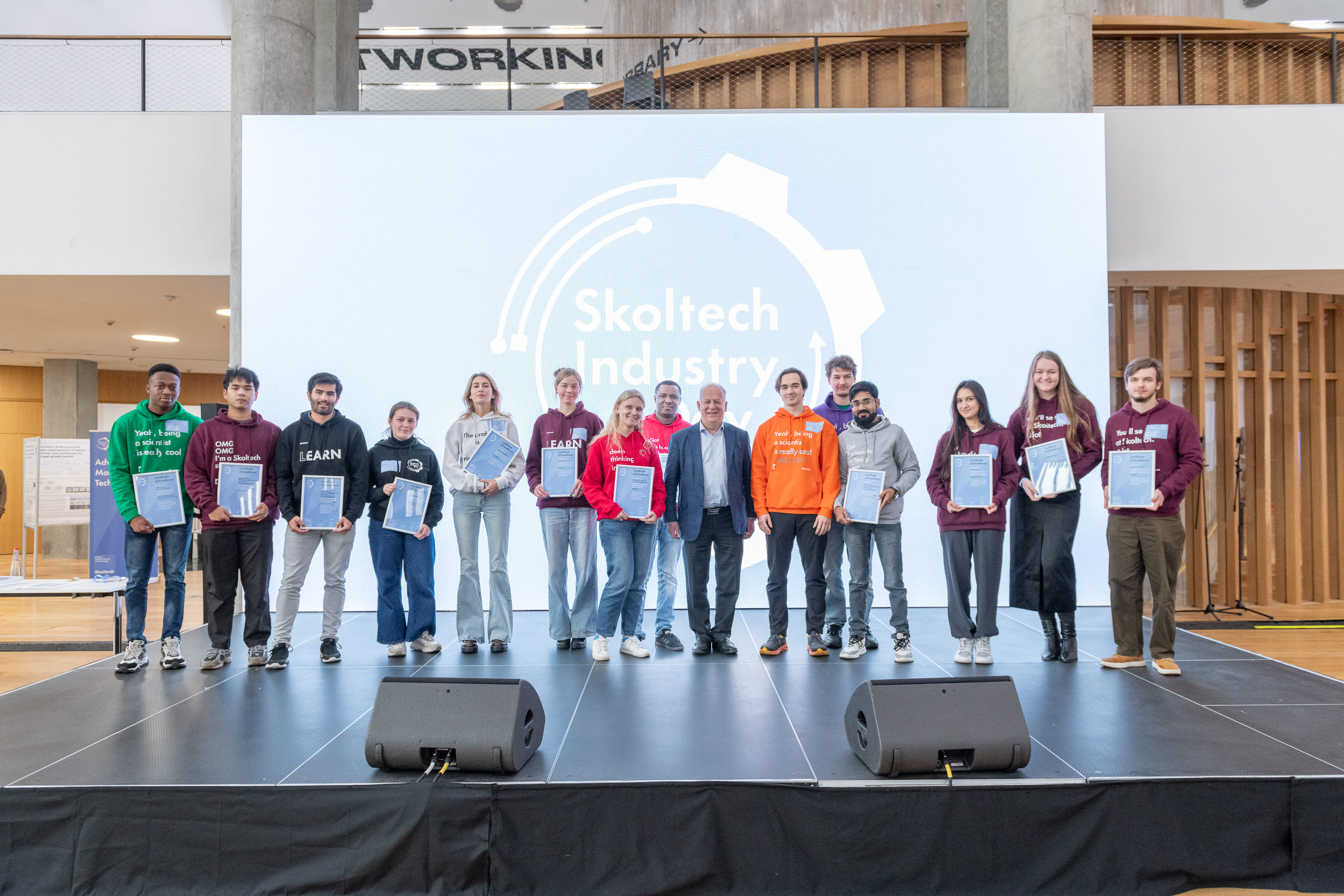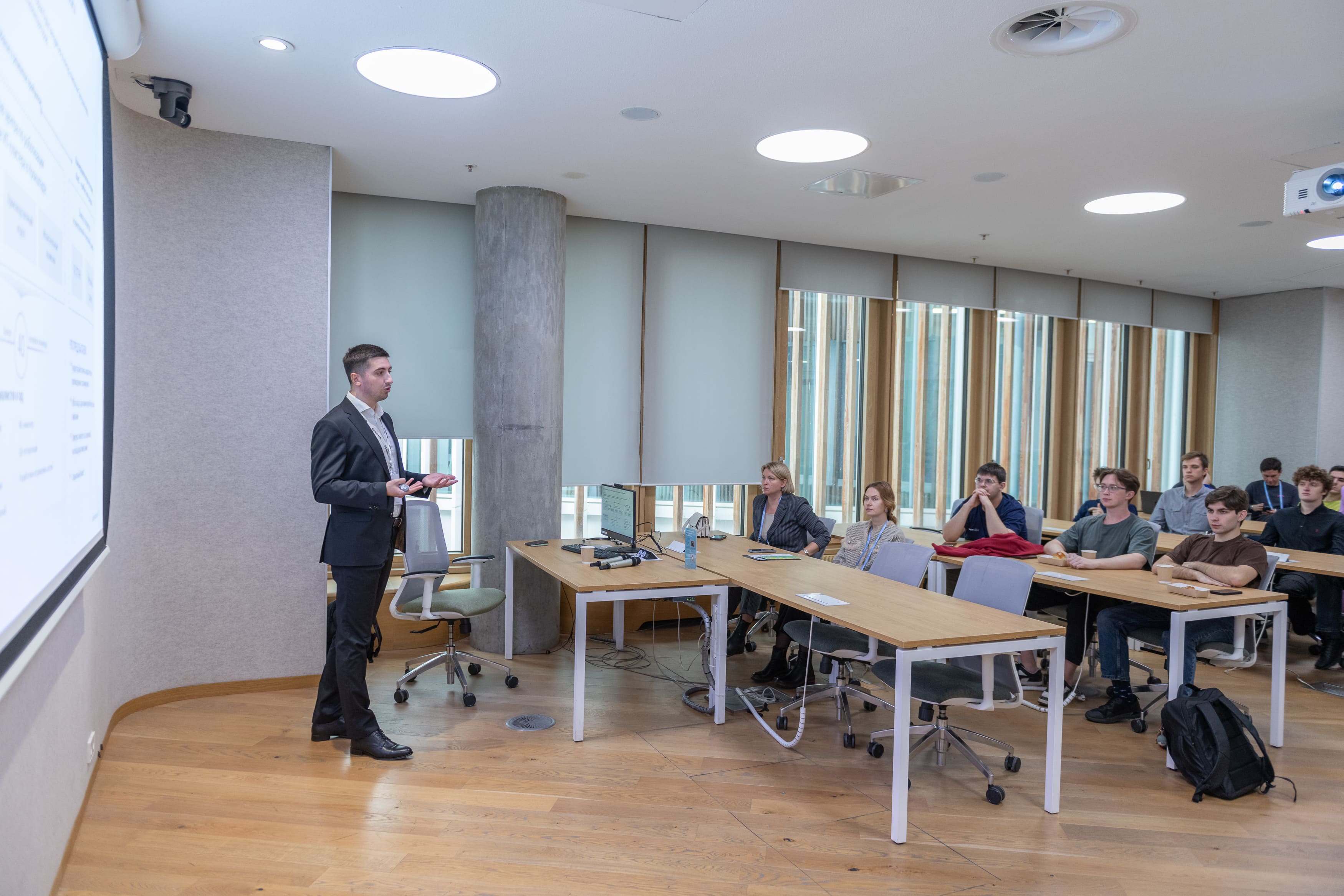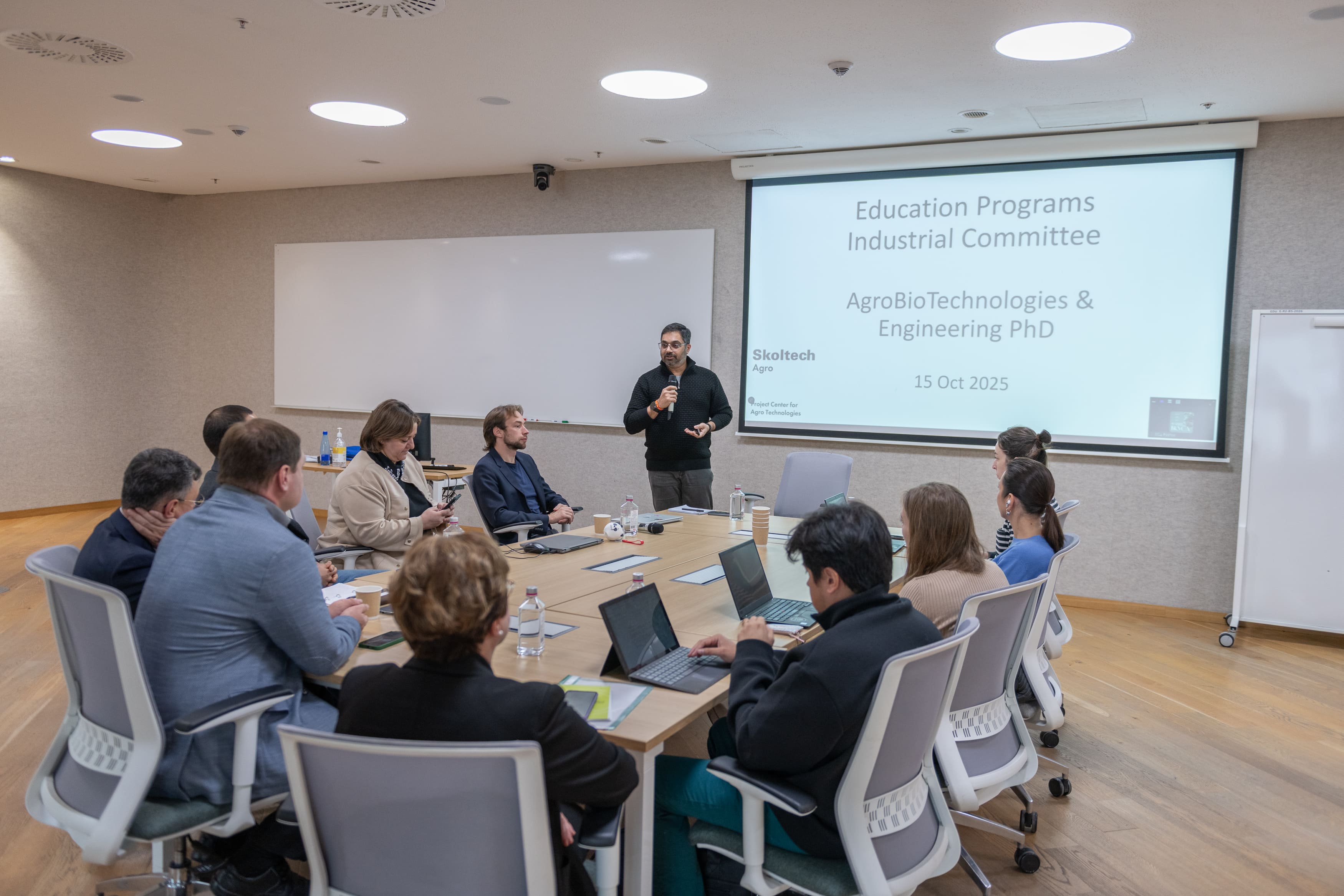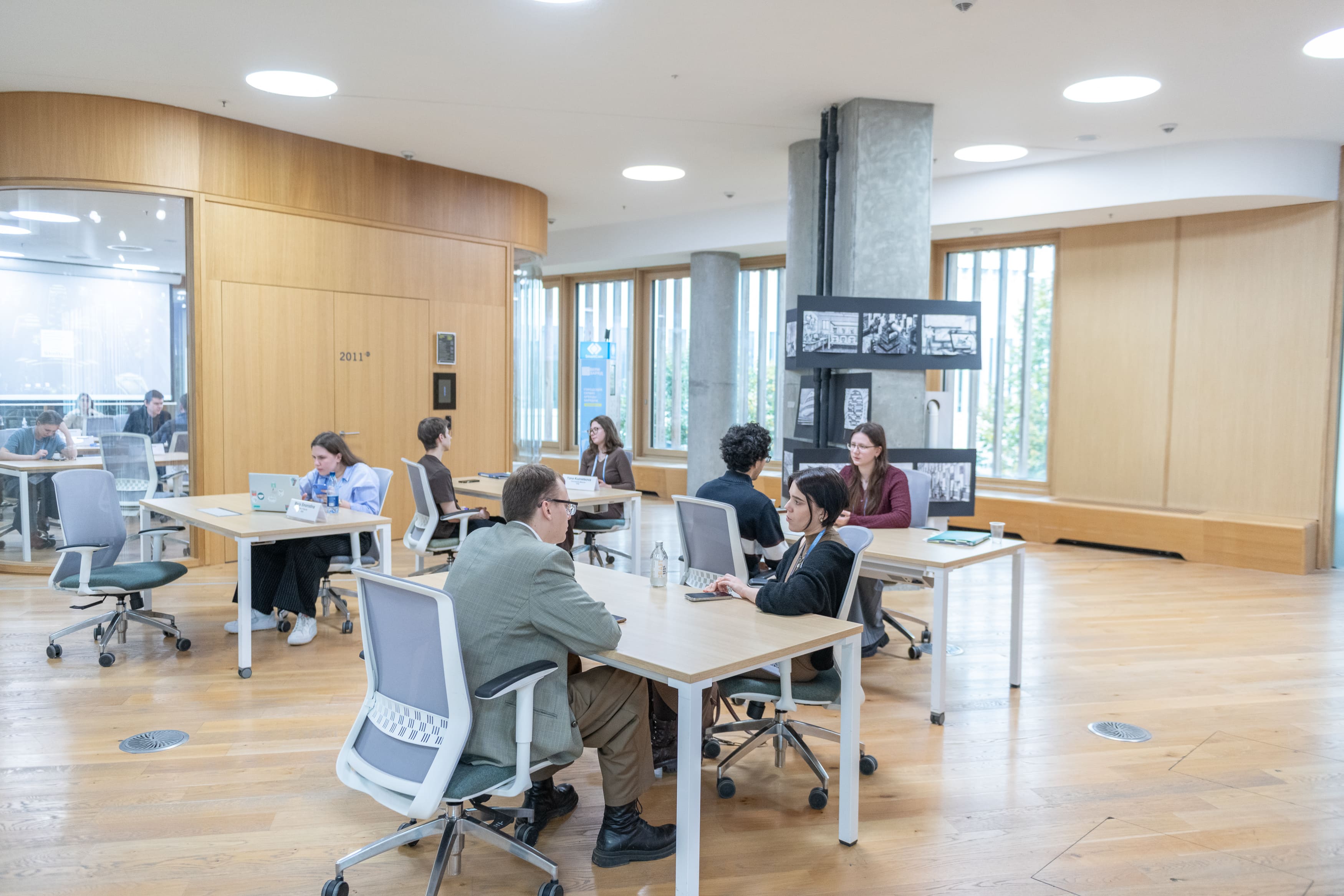The participants began the discussion by addressing the current stage of establishing interaction between companies and scientific organizations. According to Mars Khasanov, the oil industry needs specialists with a high level of knowledge in chemistry, physics, and materials science, as the industry is changing and exploration is becoming more complex: “We create scientific and technological centers, but we cannot create fully functional institutes. Therefore, we consciously build cooperation with universities that would work not only on the initial stages of projects but would also participate in their implementation.” Sergei Tutov stated that Sibur has increased funding for its R&D direction fivefold since 2020, and among the company’s 50 projects, not one has proceeded without the participation of a scientific organization.
Continuing the discussion, Mars Khasanov shared that Gazprom Neft supports critical fundamental research in areas that could help solve technological challenges of the next 10-15 years. Sibur, according to Sergei Tutov, is focused on supporting exploratory research: “Scaling and piloting — this is a lost layer of Soviet science, for which sectoral institutes were responsible. Now this falls on the shoulders of business — early-stage engineering and bringing products to industry. We want to get qualified teams with a set of competencies.”
Alexander Kuleshov helped find a compromise and summarize the discussion, noting that in the 1990s, business practically did not invest in science, but now the situation is changing, and large companies are investing in development, including fundamental research. Moderator Shamkhal Dzhabrailov supported the president: “Business must be ready to listen to science. This should become part of business processes.”
The event continued with a presentation by German Moiseev, a PhD student in Skoltech’s Agrobiotechnologies and Engineering program, who shared his experience of studying on the Industrial PhD track. It provides an opportunity to work on a Skoltech research project with an industrial partner during PhD studies, and these industrial developments can be used for dissertation research. German noted that by studying on the industrial track, he is growing as a scientist while working on real-world tasks at a company.

